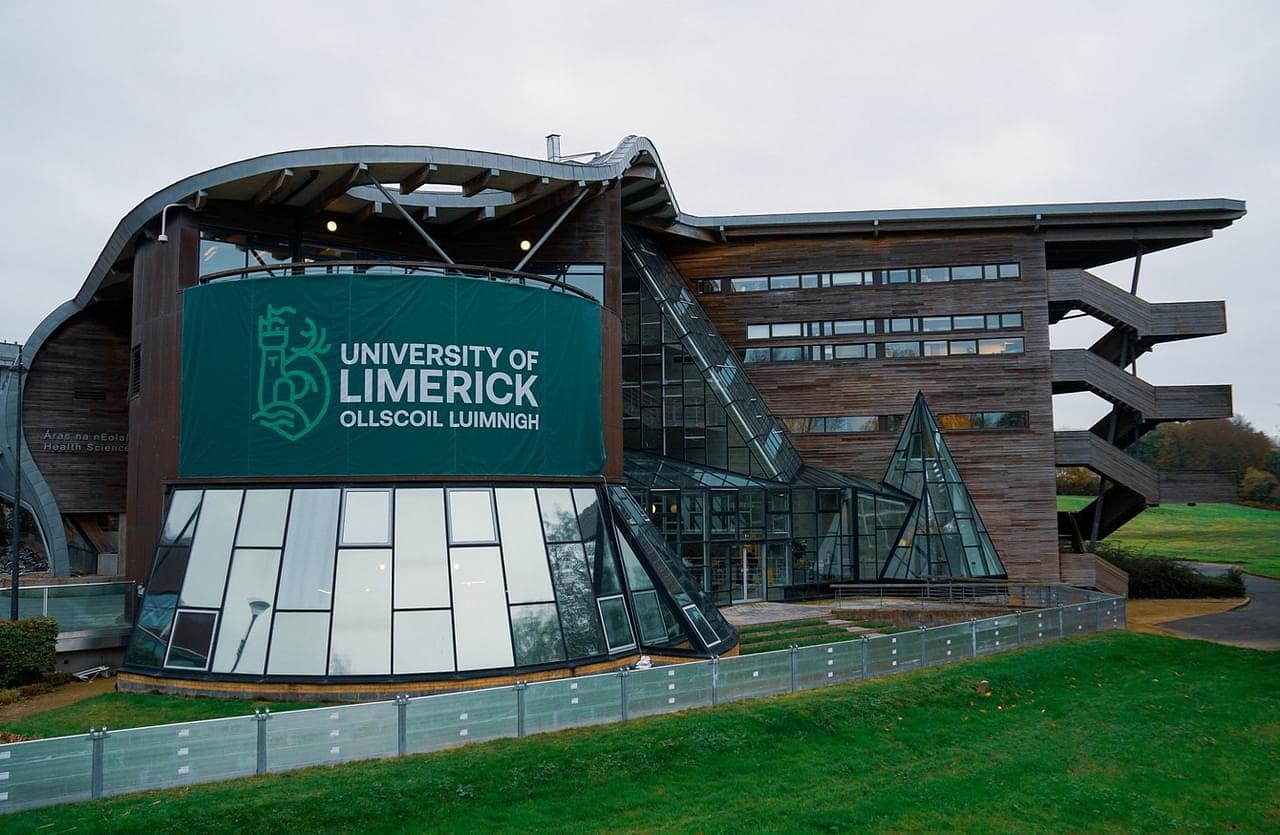Bachelor of Engineering in Mechanical Engineering at University of Limerick
Limerick, Ireland
- Tuition Fee € 21,798
- Country Rank-
- Duration48 Months
- Score IELTS: 6.5 TOEFL: 90
Program Overview
Mechanical Engineering is a very broadly based discipline and students following the degree programme are prepared for careers in many industrial sectors, including such diverse areas as Energy, Automotive, Chemical Processing, Research, Automation, Manufacturing, Design Consultancy, Materials Processing and Aviation. The Mechanical Engineering Degree programme aims not only to give you a thorough background in fundamental Mechanical Engineering subjects but also allows specialisation in one of a number of areas of particular relevance to Irish industry.
Mechanical Engineering at the University of Limerick adheres to traditional guidelines set down by the professional engineering institutions (such as Engineers Ireland and IMechE) and requires you to have an aptitude for mathematics and problem-solving.
Entry to Mechanical Engineering at the University of Limerick is through LM116 (Engineering). Students take a common first year programme but select which engineering discipline (Mechanical, Biomedical, Civil or Design and Manufacturing) they wish to study during semester 2 of first year. Year 2, 3, 4 and 5 focus on that discipline and offer students a number of specialist modules.
Cost Of Studying At University of Limerick
Interest rates as low as 8.9% *
250K+
Students Assisted
800Cr+
Loan Amount Disbursed
5000+
Loans Sanctioned
